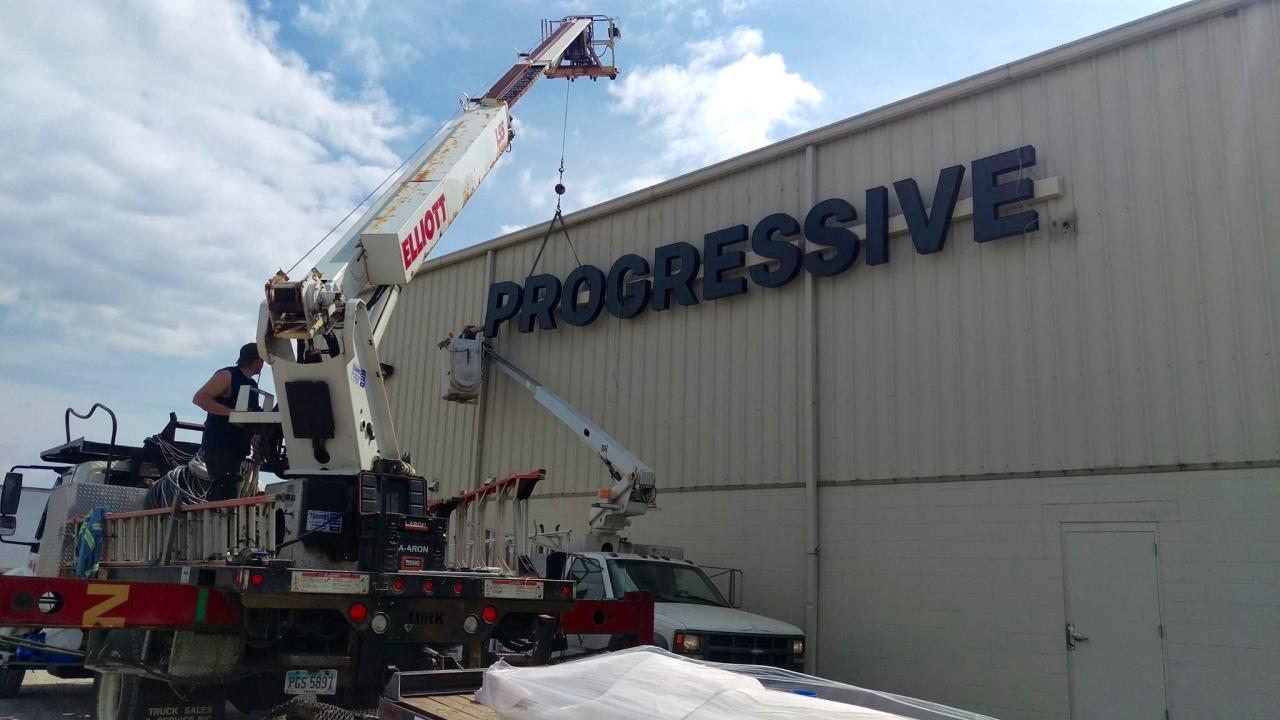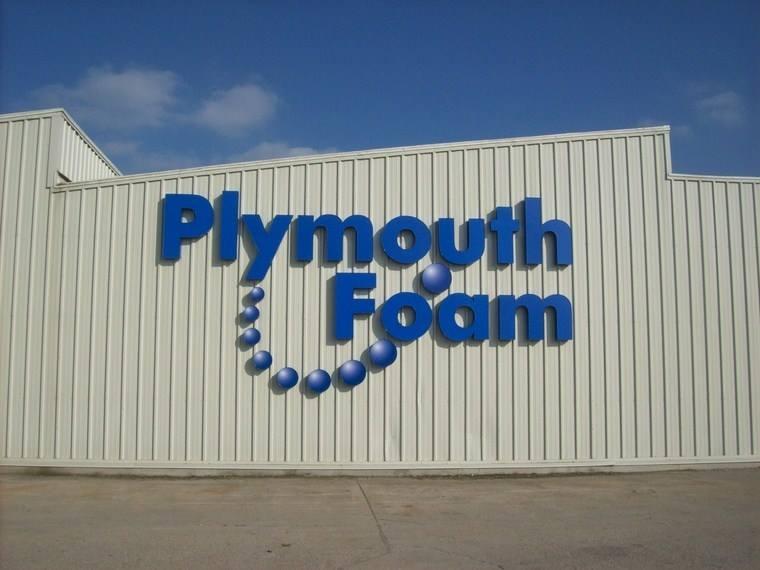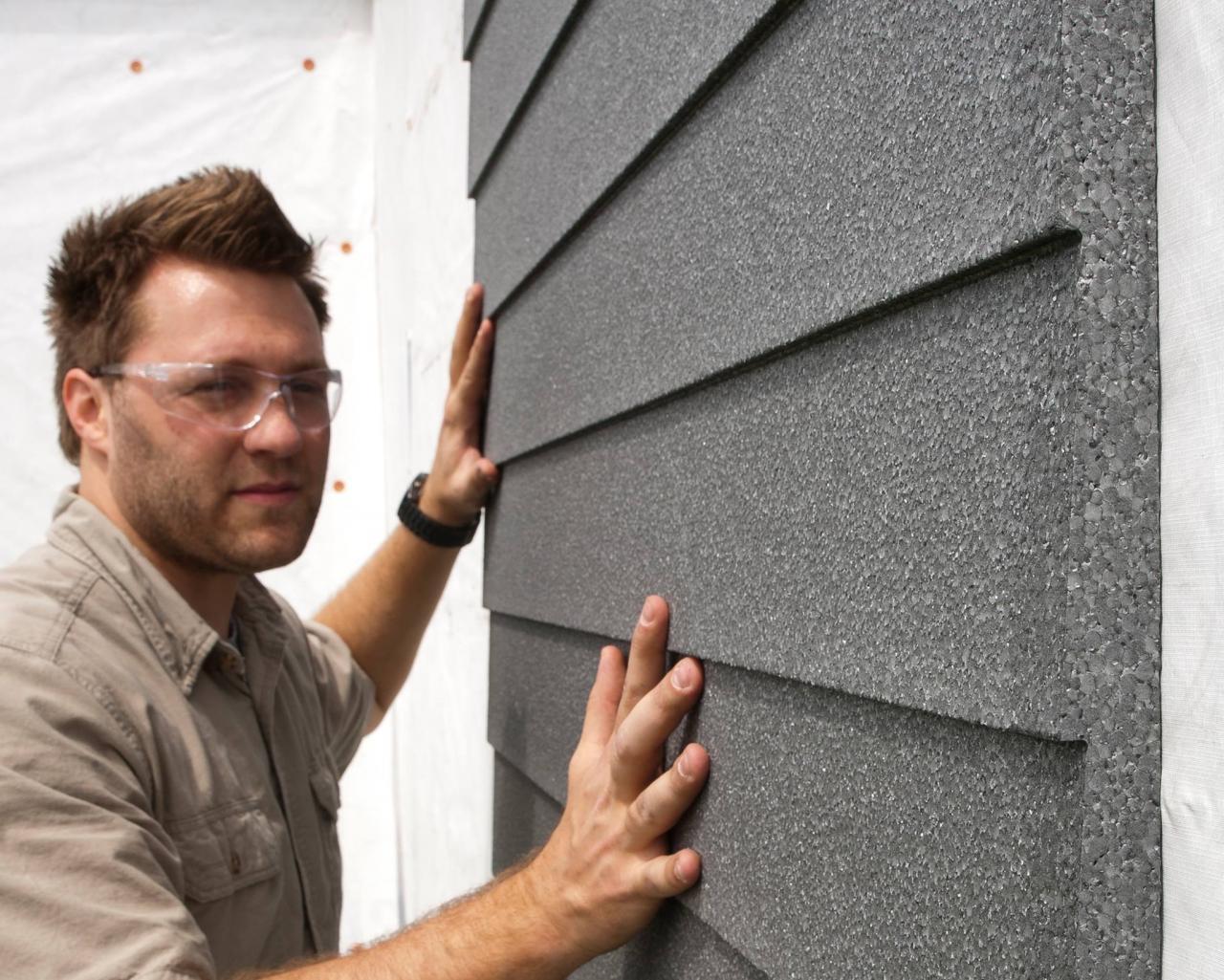April 15, 2016 Updated 4/15/2016
Email Print

Progressive Foam Technologies Inc. Progressive Foam Technologies Inc. is moving into a 220,000-square-foot facility in Gnadenhutten, Ohio, it will share with Plymouth Foam Inc.

Ten years ago, parting was sweet sorrow for Progressive Foam Technologies Inc. of Beach City, Ohio, and Plymouth Foam Inc.
The two businesses shared space in Beach City until Progressive experienced rapid growth for its patented product, vinyl siding backed with foam insulation.
So when Progressive needed more room, Plymouth Foam, which serves mostly the packaging and building industries, left for a cleaned-up Superfund site 20 miles away, in Gnadenhutten, Ohio.
Now Progressive is growing again, due partly to a partnership with BASF Corp. related to its Neopor rigid foam insulation. Progressive needs more space and Plymouth Foam happens to have it. So the two companies are back under the same roof, this time at the 220,000-square-foot facility in Gnadenhutten, which Progressive recently bought for $ 3.3 million.
“We’ve been looking for a way to put this back together ever since we took it apart 10 years ago,” Progressive founder and President Patrick Culpepper said in a telephone interview.
He describes the business relationship as a “joint effort” rather than a joint venture. Progressive owns the expanded polystyrene block molding plant and the equipment. It leases space to Plymouth. There’s no shared ownership. The companies retain their individual identities.
“While each of us buys the same kind of EPS resins and each of us expands those beads and each makes blocks, what we do with those blocks is very different,” Culpepper said.
Progressive makes siding insulation — and batten and boards now, too — while Plymouth, which is based in Plymouth, Wis., makes foam blocks for various end markets but mostly protective packaging and building panels for commercial and residential construction.
“We’re the sole supplier of backers and bonding for insulated vinyl siding to this day in the U.S. and Canada,” Culpepper said.
Going forward, Progressive’s Beach City site will focus on shape molding while the Gnadenhutten site will be used for block molding and making Neopor products.

Progressive Foam Technologies Inc. Progressive Foam makes insulation used behind vinyl siding.
The big advantage of the “joint effort” is sharing costs and leveraging operational efficiencies.
“In today’s world of EPS, we want to own world-class, top-flight equipment, which is very, very expensive,” Culpepper said. “You need to run it 24 hours a day, six days a week to justify it. When neither operation is big enough to do that you’re at a cost disadvantage in making your product. So this is a cost-saving, efficiency move with technology-sharing motivation.”
Although the businesses operate separately, they share expertise in machine maintenance and engineering.
“It actually is a special thing,” Culpepper said. “Most people in business don’t trust each other enough to truly collaborate. It’s a big miss.”
Over the next 18 months, Progressive plans to make $ 3.4 million in total capital expenditures between Beach City and Gnadenhutten, and add 25 jobs this year between the sites.
Plymouth Foam retains its 46 employees in the deal.
“Our presence there really secures those jobs in the location,” Culpepper said. “Now that they have someone to share costs with, that plant becomes more economical and sustainable by virtue of having a good partner.”
A lot of the Beach City employees want to transfer there, too.
“Half my workforce lives within 20 minutes of that plant and they are doing rock, scissors, paper to see who gets the opportunity to go there because of the shorter drive.”



























